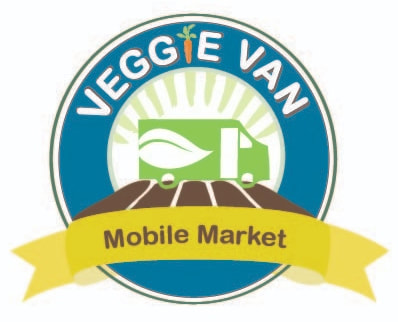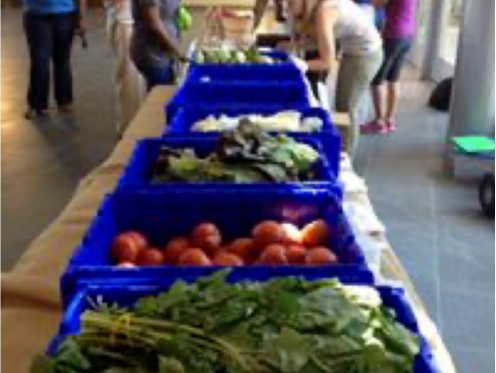Effectiveness and Implementation of the Veggie Van Mobile Produce Market Model
For this research, we used a request for proposals process to identify 9 organizations in the North and South-Eastern US that are well-qualified to implement the Veggie Van model. Organizations each identified appropriate sites for mobile market deliveries (32 total) that are randomzied to either an implementation or planning condition. With the help of our team’s technical assistance and provided funding, partner organizations will engage community members in the process and initiate a MM program. We are using Type 1 Hybrid Effectiveness-Implementation to measure effectiveness (diet, BMI, dermal carotenoids) and implementation (customer reach and sales, process measures, qualitative interviews with MM staff). We will also examine sustainability of MM financial models and determine implementation standards (i.e., dose needed to maintain impact) for inclusion in our MM toolkit for future dissemination.
Each partner organization receives:
- Access to the Veggie Van toolkit, a comprehensive “how-to” kit for running a mobile market
- Technical assistance from our team to implement the Veggie Van model
- Help with community engagement in low food access communities
- Point-of service (POS) software for mobile markets
- Funding to assist with program implementation and evaluation
- Assistance with developing a sustainability plan to continue mobile market programs.
Funding:
National Cancer Institute 1R37CA215232-01A1 (7 years)
Food Lion Feeds Foundation
Our projects |
|

